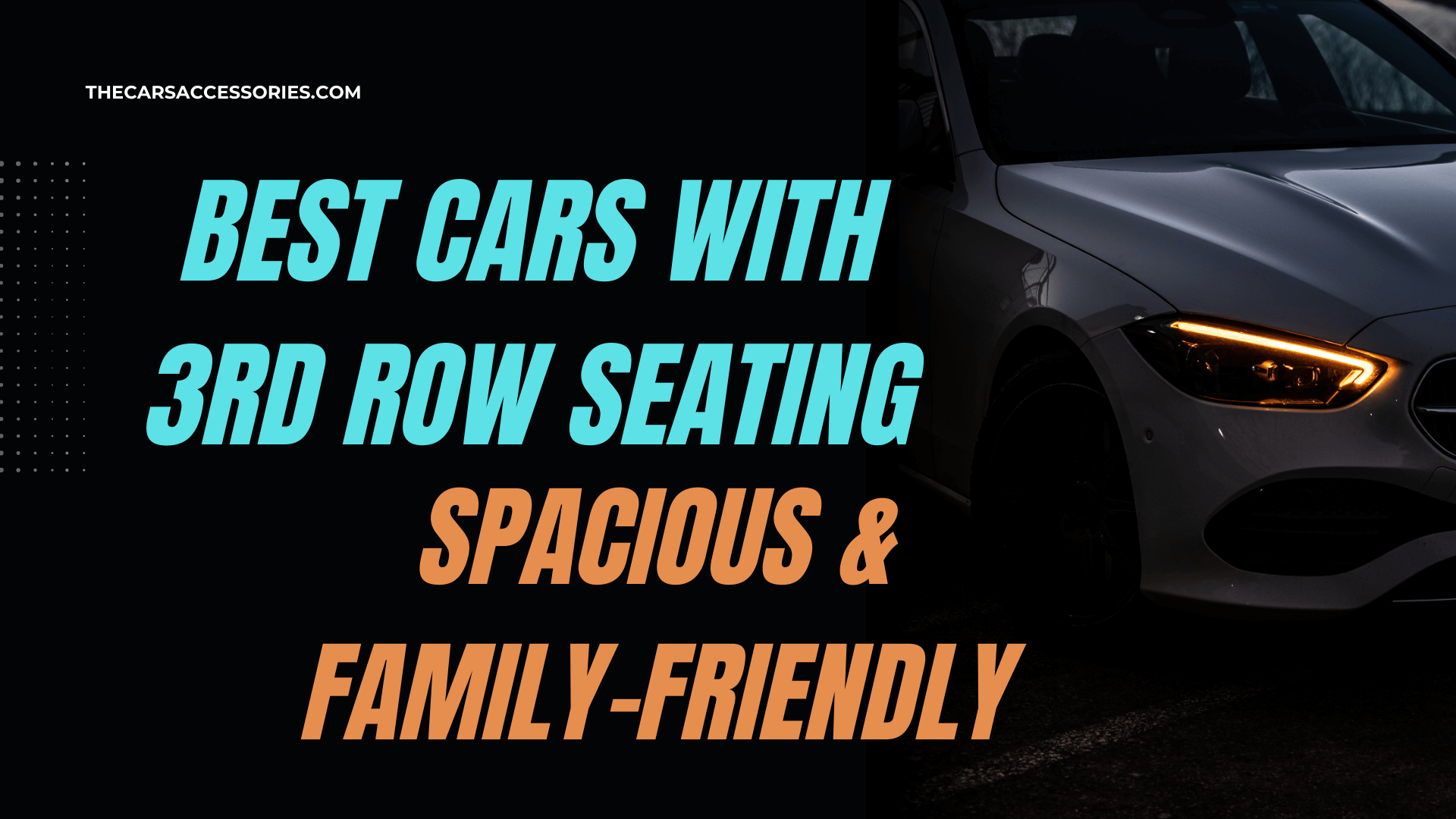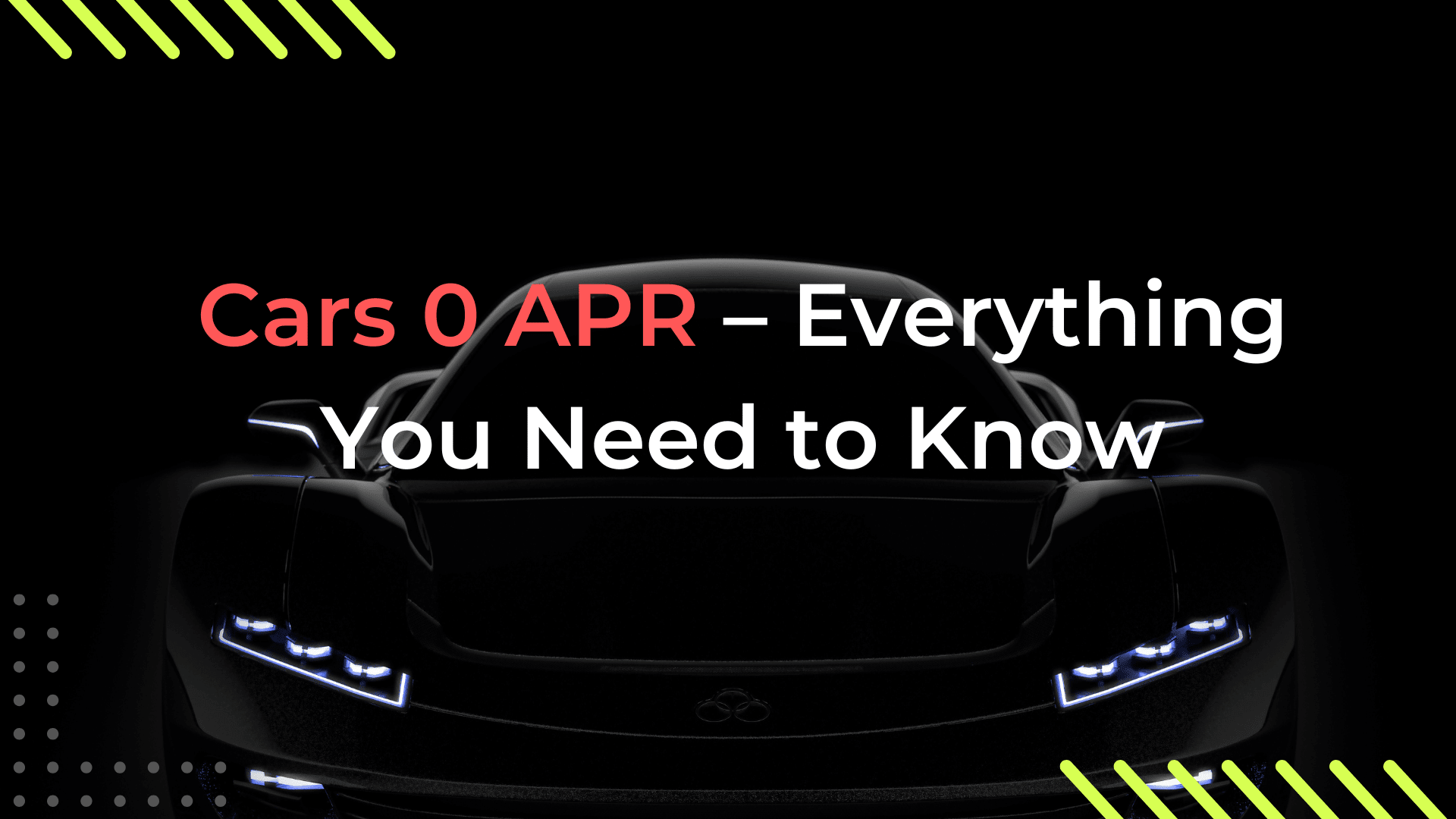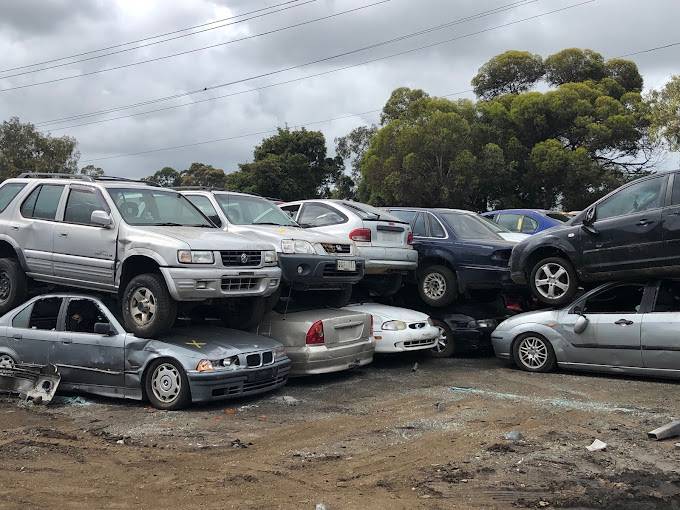Buying a car is an exciting milestone, whether it’s your first vehicle or an upgrade to something new. But it’s not as simple as picking one and driving off into the sunset. There are several things you need to prepare and consider before making the purchase. Let’s dive into everything you’ll need for a smooth car-buying experience.
Understanding Your Needs
New or Used Car
The first step in buying a car is deciding whether you want a brand-new model or a used one. New cars come with warranties and the latest features, while used cars are generally more affordable.
Type of Car
What’s your lifestyle like? Do you need a compact car for city driving, an SUV for family trips, or a truck for heavy-duty tasks? Narrowing down the type of car helps streamline your search.
Budget Considerations
How much can you realistically afford? Factor in not just the price of the car but also ongoing expenses like insurance, fuel, and maintenance.
Research and Decision-Making
Setting a Budget
Your budget will dictate whether you’re looking at economy models or luxury brands. Be honest about your financial limits to avoid unnecessary stress.
Financing Options
Consider whether you’ll buy outright, take a loan, or lease. Research interest rates and loan terms if financing is your choice.
Researching Car Models
Read reviews, compare models, and look up fuel efficiency and safety ratings. Sites like Kelley Blue Book and Edmunds are excellent resources.
Dealer vs. Private Seller
Dealers often provide certified pre-owned options and warranties, while private sellers may offer lower prices. Weigh the pros and cons of each.
Necessary Documents for Buying a Car
Identification Documents
You’ll need a government-issued ID, like a driver’s license or passport, to complete the purchase.
Proof of Income or Employment
Lenders may require recent pay stubs or bank statements to assess your ability to repay a loan.
Credit History or Score
A good credit score can help you secure better financing terms. Make sure to check your score before heading to the dealership.
Proof of Insurance
Most states require proof of insurance before you can drive the car off the lot. Shop around for quotes ahead of time.
Financial Preparations
Down Payment
A larger down payment reduces your loan amount and can lower monthly payments. Aim for at least 10-20% of the car’s price.
Loan Pre-Approval
Getting pre-approved for a loan gives you a clear picture of your budget and strengthens your negotiating position.
Understanding Additional Costs
Don’t forget about taxes, registration fees, and possible dealership fees. These can add up quickly.
Finalizing the Purchase
Test Driving the Vehicle
Always test drive the car to check for comfort, performance, and any potential issues.
Negotiating the Price
Don’t be afraid to negotiate. Dealers often have some wiggle room, especially for used cars.
Signing the Contract
Review the contract carefully before signing. Ensure all terms align with what you discussed.
After-Purchase Essentials
Registration and Title Transfer
You’ll need to register the car with your local DMV and transfer the title into your name.
Routine Maintenance
Regular oil changes, tire rotations, and inspections keep your car running smoothly.
Car Accessories to Consider
Think about practical accessories like seat covers, floor mats, or a quality GPS system.
Conclusion
Buying a car involves more than just finding a vehicle you like. From budgeting and research to paperwork and post-purchase essentials, each step plays a crucial role. With proper preparation, you can make the experience smooth and stress-free.
FAQs
1. What’s the minimum credit score needed to buy a car?
While there’s no set minimum, a score of 670 or higher is considered good for securing favorable loan terms.
2. Can I buy a car without a driver’s license?
In most cases, you need a valid driver’s license, especially to register and insure the vehicle.
3. How much should I save for a down payment?
Aim for at least 10-20% of the car’s purchase price to reduce loan costs.
4. Is it better to buy from a dealer or a private seller?
Dealers offer warranties and certified pre-owned options, while private sellers usually have lower prices. The choice depends on your priorities.
5. What should I check during a test drive?
Pay attention to handling, comfort, and any unusual noises. Test features like brakes, acceleration, and air conditioning.





